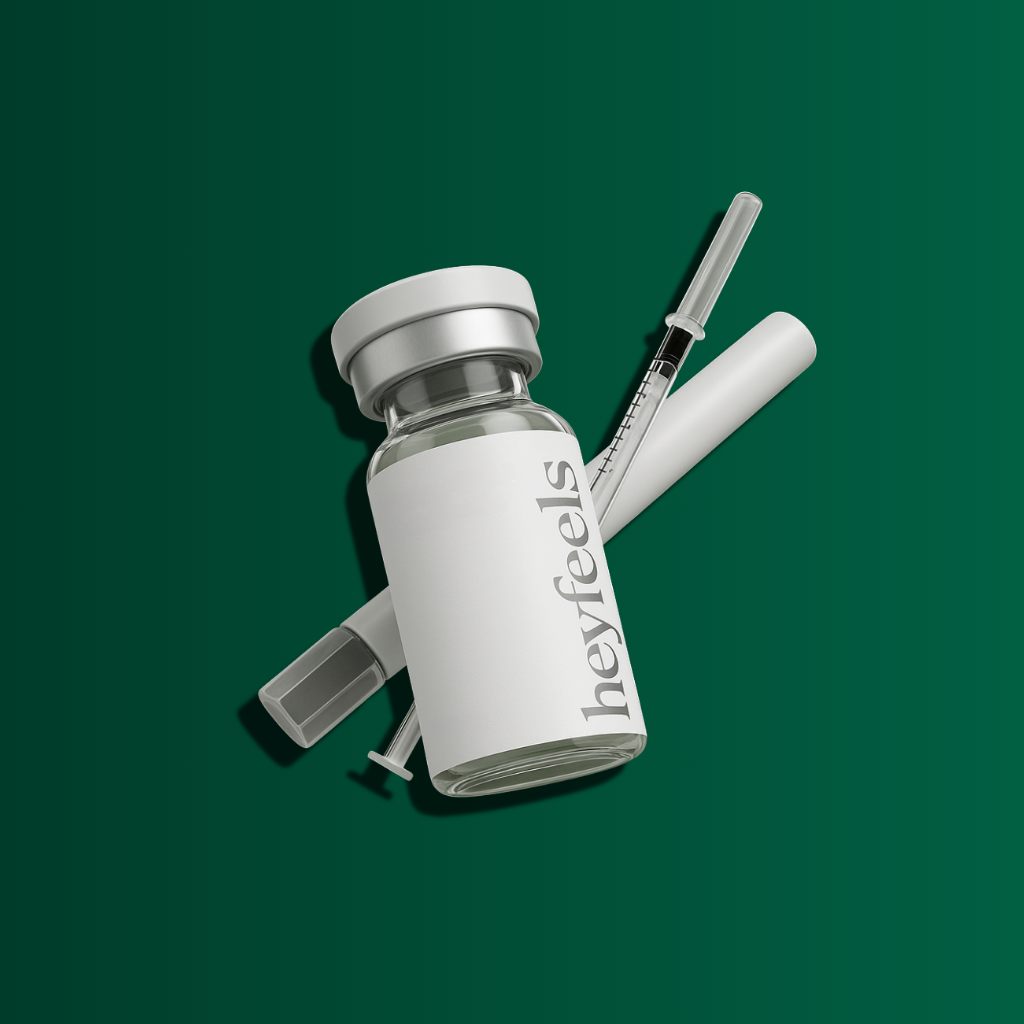Intro
You’re eating healthy, drinking water, skipping the soda, and still… you feel bloated.
Your stomach feels heavy or swollen by mid-afternoon. Your clothes don’t fit the same by evening. You’ve blamed gluten, dairy, fiber, and even your gut bacteria.
But what if the problem isn’t what you’re eating — but how your body is processing it?
Bloating isn’t just a digestive issue. It can be a signal that something deeper is out of balance. Below are 4 lesser-known causes of bloating that have nothing to do with your lunch — and everything to do with your metabolism, hormones, and lifestyle.
1. Blood Sugar Fluctuations
When your blood sugar rises and falls rapidly (often from hidden sugars or even stress), it can cause:
- Water retention
- Gas buildup
- Sluggish digestion
These spikes also increase insulin — which makes your body hold onto sodium and fluids.
Even if you’re eating “healthy,” meals high in simple carbs without protein or fat can cause these swings.
What helps: Build meals with protein, fiber, and healthy fats. Avoid starting the day with only fruit or toast — they digest too fast and lead to a midday crash (and bloat).
2. Slow Metabolism and Digestive Transit
When your metabolism slows down (from stress, low thyroid, or poor sleep), so does your digestion.
This means:
- Food sits longer in your stomach or intestines
- Fermentation increases → more gas
- Bloating follows
Many people don’t realize that poor digestion is often linked to slowed metabolic function — not just food choices.
What helps: Daily movement (even 10–15 minutes after meals), getting enough protein, and improving sleep quality can all gently boost metabolism and speed digestion.
3. Low-Grade Inflammation from Visceral Fat
Excess visceral fat (fat around the organs) can trigger low-level inflammation — which affects your gut, hormones, and immune system.
This can lead to:
- Chronic bloating
- Puffiness, especially after meals
- Increased sensitivity to normal foods
And it becomes a loop: inflammation makes you more insulin resistant → insulin resistance causes more fat storage → more inflammation.
You may not even look overweight — but your body composition matters more than the scale.
What helps: Reducing processed foods, getting high-fiber meals, and addressing inflammation from the inside out. For some, weight management tools like GLP-1 therapy can help reverse this pattern biologically.
4. Hormonal Imbalance (Yes, This Affects Digestion Too)
Hormones like estrogen, cortisol, and GLP-1 all impact digestion and bloat.
When they’re off-balance, you may experience:
- Constipation or sluggish bowel movements
- Water retention
- Disrupted hunger/fullness cues
- Bloating without clear food triggers
For women, fluctuations during the menstrual cycle can make these symptoms worse. But chronic bloat isn’t “normal” — it’s often a sign of hormonal or metabolic imbalance.
What helps: Supporting hormone balance through protein-rich meals, stress management, and getting enough sleep is key. For people who’ve tried everything and still feel bloated or fatigued, a deeper metabolic reset may be needed.
Conclusion: When Bloating Isn’t About Food
If you’ve eliminated every “bad” food and still feel bloated, maybe it’s time to stop blaming your meals.
Sometimes, bloating is your body’s way of telling you that your metabolism, inflammation, or hormone signals need support.
It’s not about restriction — it’s about rebuilding balance from the inside out.
Tired of guessing what’s wrong with your body?






